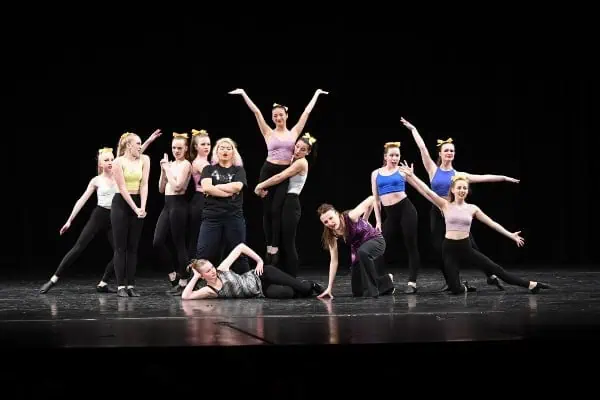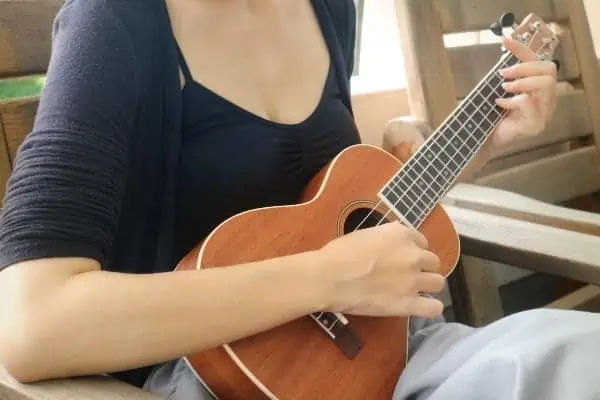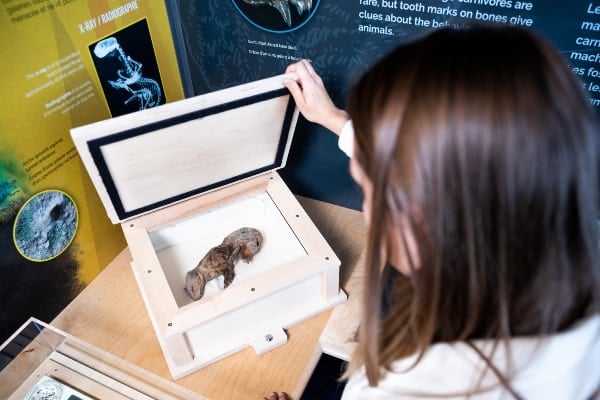The more scientists, experts, and the general public collectively study the concept of gender, the more questions arise. And in the realm of high school, these questions become more poignant and utterly colourful.
Hence, when the panellists who came to the Yukon for the “Because It’s 2017: Gender Equality and Diversity” event at the Yukon Beringia Interpretive Centre expressed an interest in spreading their message to students, the Social Justice Club of F.H. Collins Secondary School leaped at the opportunity to bring the gender discussion into the high school.
The Social Justice Club is composed of students who have an interest in making our world a bit of a better place and an indefatigable yearn to bake for an never ending line of fundraising bake sales. These intentions – and passions – are channelled to varying levels of productivity under the heroic leadership of Mike Toews and Meera Sarin (these are adults, who actually choose to spend their lunch hour and weekends with twenty-odd teenagers).
These students all have their own reasons for volunteering with the Social Justice Club. Eleventh grader Lizzy Sparling participates in the Social Justice Club because “It’s for a great cause and I like to give back to the community.” Sigourney Whipple-Grantham says, “It’s a great way to have thought-provoking conversations.” And put most succinctly by Joe P. “It makes school more bearable.”
When I asked club members to write down their personal questions on gender equality, I received the following: “How is gender equality truly measured?” one student wrote. “What are some good ways to improve gender equality in schools?” asked another. “In my mind and in the minds of many others, gender equality is a non-answerable question.”
But still, with posters made with Crayola marker and the best artistic abilities they had to offer, the Social Justice Club members raced into the F.H. halls, slapping posters onto water fountains and classroom doors with the intensity of advertising the cure for a viral pandemic. Only, in this case, the virus is ignorance.
And that is how, on February 9th, 350 students spanning from Porter Creek Secondary to Vanier Catholic Secondary schools sat together on the F.H. gym floor, a floor where most often they posed as sports rivals. But on this day they sat together to learn – learn from the student poets, emcees and an astounding group of panellists.
These panelists included Alaa Murabit, MD, the UN High-Level Commissioner; Neena Sachdeva, the Canadian Red Cross Gender Equality Consultant; Rae Mombourquette, the Communications Director for the Kwanlin Dun; and Yukon-born Ivan Coyote, acclaimed writer and storyteller.
Alaa Murabit, making her first high-school debut since she graduated at the age of 15 in Saskatoon, Saskatchewan, brought the complexity of gender issues to a fascinating light. Her main point is that “it’s vitally important to have women in the decision-making room.”
Murabit also delivered the message that if you’re looking to create real change, sharing a Facebook post and protesting on the odd day per year isn’t enough. Real change, she said, comes from keeping policy makers motivated and accountable. That’s done through deliberate strategies and using statistics to prove to them that it’s economically viable and a political necessity for them to hear your issue.
Murabit left the audience with a call-to-action to “occupy your space.” If you’re coming to the table as a minority, occupy that space. Become a leader and become the person in the room who knows the most about your stance. Her ideas expanded to the privileged. According to Murabit, if you’re a white, heterosexual male, occupy that space! As good as it is for them to be in women’s marches, gender equality needs them to shut down locker-room talk and snuff the issue when it comes into their space.
Neena Sachdeva brought facts and numbers to the table. In the 2005 Southeast Asia tsunami, there were 80 times the number of women fatalities compared to men. This, she said, was on account of the women haven’t been denied the opportunity to learn how to swim or receive first aid training. In addition, the women were at home in their villages by the shore while the men were at work. And after the disaster women were waiting at home for their husbands to come and rescue them. Since then, she and the Red Cross have been working vehemently to ensure equal numbers of men and women are partaking in their first aid and swimming courses.
Rae Marquette said she was impressed that this gathering and discussion was taking place with high school students. In her experience, she never would have envisioned students to be this passionate, open-minded, asking questions and taking the responsibility to tackle such an issue.
Ivan Coyote, shared their experiences as a transgender individual, in their frank and humorous style. From bathrooms to medical check-ups, they had the entire school laughing – but the laughter hushed to reflective thought when they asked the students to envision that experience for a month, a semester – a lifetime.
Additionally, it’s one of Coyote’s missions to raise more feminist men and construct a masculinity that does not put down women.
And that is how on a cloudy Thursday afternoon, thanks to the dedication of a Social Justice Club, four experts came to sit in a Yukon gymnasium amongst a sea of students.
And this conversation was neither the beginning nor the end of the topic of gender and diversity. It was another blip in the radar, but maybe, just maybe it was a blip that started another ripple of change, right here, in the Yukon.




